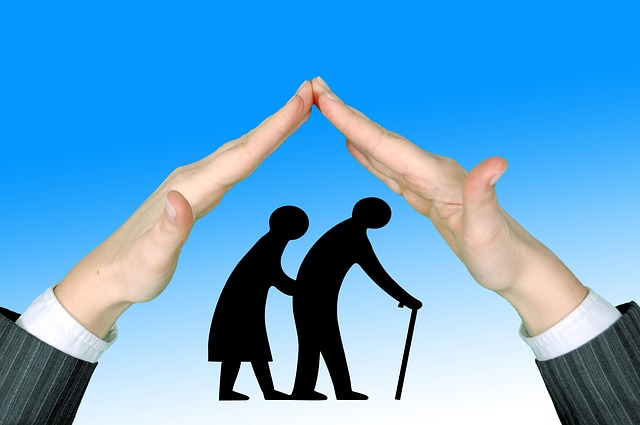The Growing Independent Living Movement
They offer you a range of in home service including meal preparation and grocery shopping, household tasks, assisted daily exercise and much more. The most important goal of this Independent Disability Service is to make certain that the handicapped person can live an isolated life as far as you can. They aim to create an atmosphere of acceptance, dignity, independence …





